Nokia and Microsoft: not yet doing the business
Inside the enterprise: Nokia has unveiled its much-anticipated Windows phone. But the focus seems to be on consumers.
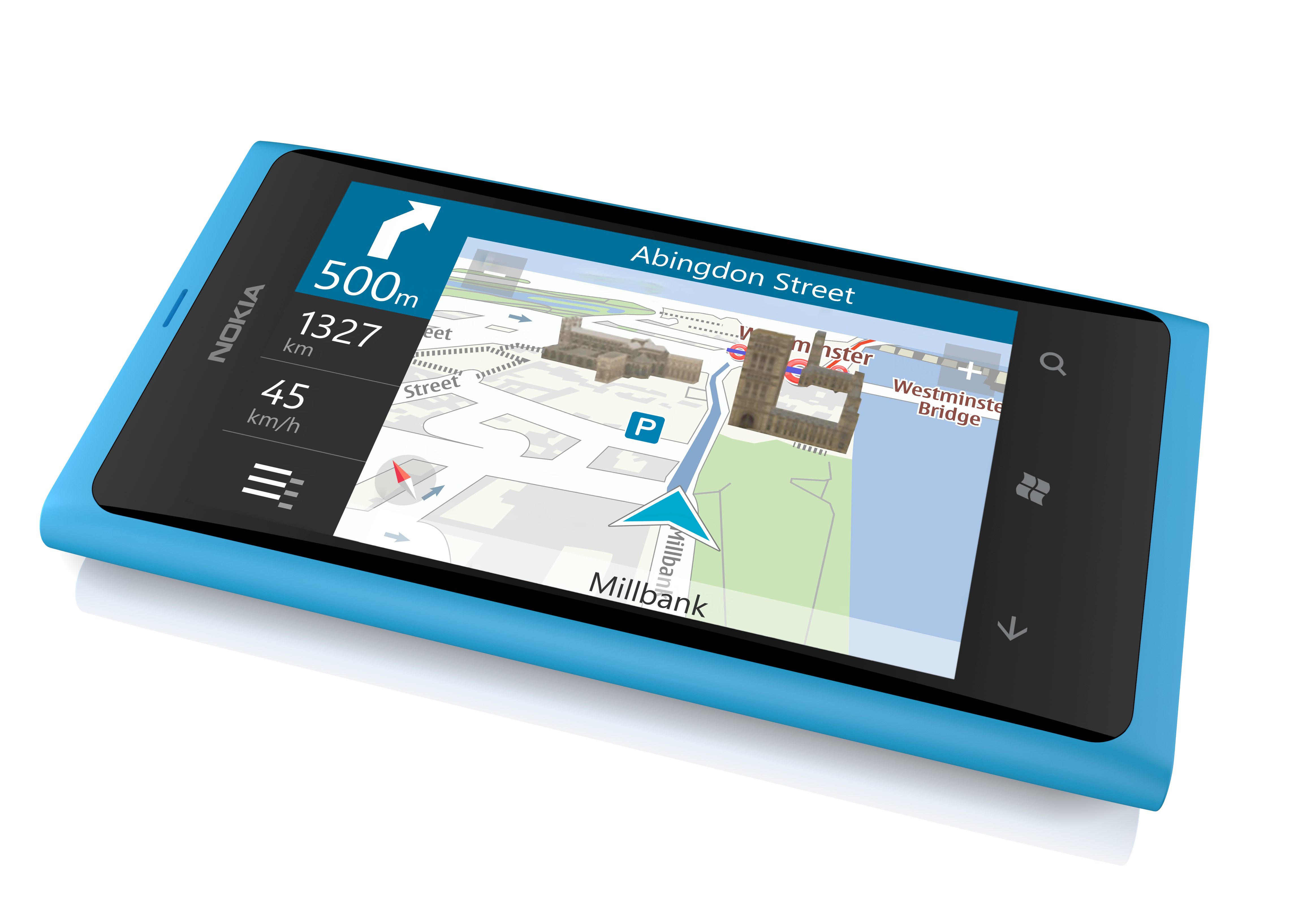
This week, Nokia unveiled its first two phones based on Windows. The handsets are the result of a deal struck between Microsoft and Nokia in February, after Nokia CEO Stephen Elop's now infamous "burning platform" memo.
Turning around an entire smartphone strategy and especially the strategy of a company the size of Nokia in under nine months is no mean feat. And the resulting phones, shown for the first time at the Nokia World conference in London, seem to have integrated "Mango", or Windows Phone 7.5, and Nokia's hardware, reasonably well. The flagship Lumia 800 phone does rather resemble the Meego-powered N9, although that is in itself, no bad thing. And it is certainly slicker than most other Windows Phone 7 devices currently on sale.
The issue lies more in the way Nokia is positioning the phone, and in the software; in fact, the two issues are tightly connected. Nokia is not really presenting the Lumia as a business phone, but rather a rival to Android, and at a push, the iPhone. During Stephen Elop's Nokia World keynote, there was plenty of emphasis on consumer-friendly apps such as social media and entertainment, but precious little talk about the enterprise.
And the enterprise functionality of Mango, at least in its current incarnation, seems rather limited. Although there is support for Exchange email, support for Exchange Active Sync (AES) is described only as "partial". It lacks business critical features such as device and memory card encryption.
But Windows Mobile 6.5 had full AES support, and Nokia's previous, Symbian-based e-series phones, supported encryption as well as other, business friendly features. In the same vein, Office on Windows Phone 7 is slick, but in terms of features, falls short of earlier versions or even of the version of Office that ships next year for Nokia's Symbian Belle phones.
None of this may matter, if Nokia's true focus is on the consumer. But cracking the consumer market with a Windows Phone handset, even a good one, will be very tough (one analyst IT Pro spoke to described it as "dads disco dancing").
The business phone market, on the other hand, is calling out for more competition. Not every business wants, or can afford, the iPhone, and IT directors' faith in BlackBerry has been shaken by its network outage earlier this month. And there are still plenty of companies using older Windows Mobile devices, which are now due for an upgrade.
Get the ITPro daily newsletter
Sign up today and you will receive a free copy of our Future Focus 2025 report - the leading guidance on AI, cybersecurity and other IT challenges as per 700+ senior executives
There is still a chance for Nokia to take on the enterprise market, perhaps with a Windows version of the E-6 or even the N8. But Nokia is hampered by the limitations posed on its designers by the Windows OS. Unless, or until, Microsoft updates Windows Phone so it at least has full Exchange ActiveSync support, enterprises are unlikely to adopt the Lumia. And it may be too great a stretch to convince them to buy Symbian phones instead.
Stephen Pritchard is a contributing editor at IT Pro.
-
 Should AI PCs be part of your next hardware refresh?
Should AI PCs be part of your next hardware refresh?AI PCs are fast becoming a business staple and a surefire way to future-proof your business
By Bobby Hellard
-
 Westcon-Comstor and Vectra AI launch brace of new channel initiatives
Westcon-Comstor and Vectra AI launch brace of new channel initiativesNews Westcon-Comstor and Vectra AI have announced the launch of two new channel growth initiatives focused on the managed security service provider (MSSP) space and AWS Marketplace.
By Daniel Todd
-
 Nokia hails success of Europe’s first commercial 5G cloud RAN deployment
Nokia hails success of Europe’s first commercial 5G cloud RAN deploymentNews Elise says its 5G cloud network puts it in a strong position during a move towards 6G
By Emma Woollacott
-
 Kyndryl and Nokia extend partnership to drive data center networking gains
Kyndryl and Nokia extend partnership to drive data center networking gainsNews The companies plan to offer more data center networking options aimed at enterprise customers
By Emma Woollacott
-
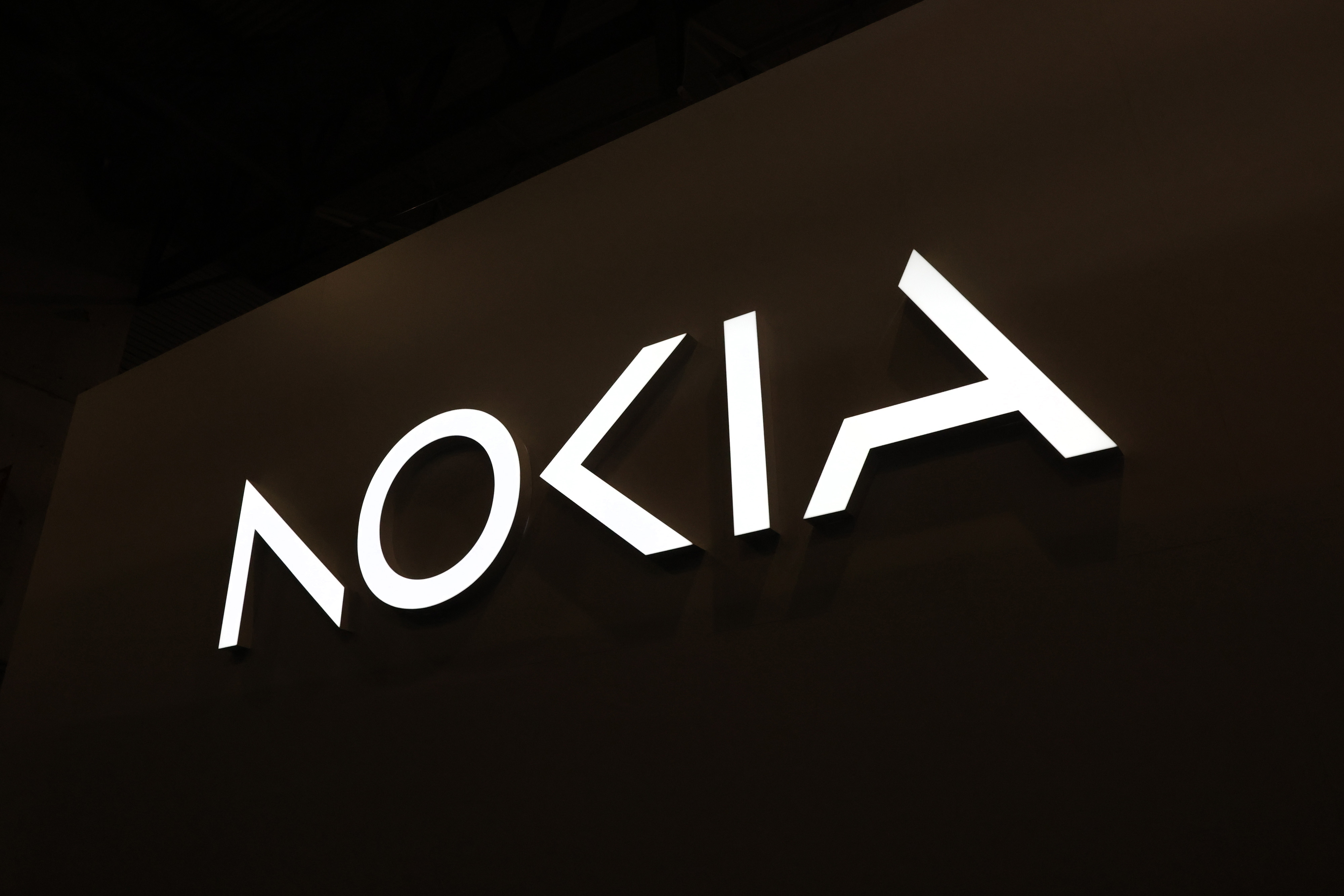 Dell and Nokia expand strategic partnership to drive network cloud transformation
Dell and Nokia expand strategic partnership to drive network cloud transformationNews The companies will leverage each other’s expertise and distribution to scale telecom networks and private 5G use cases
By Daniel Todd
-
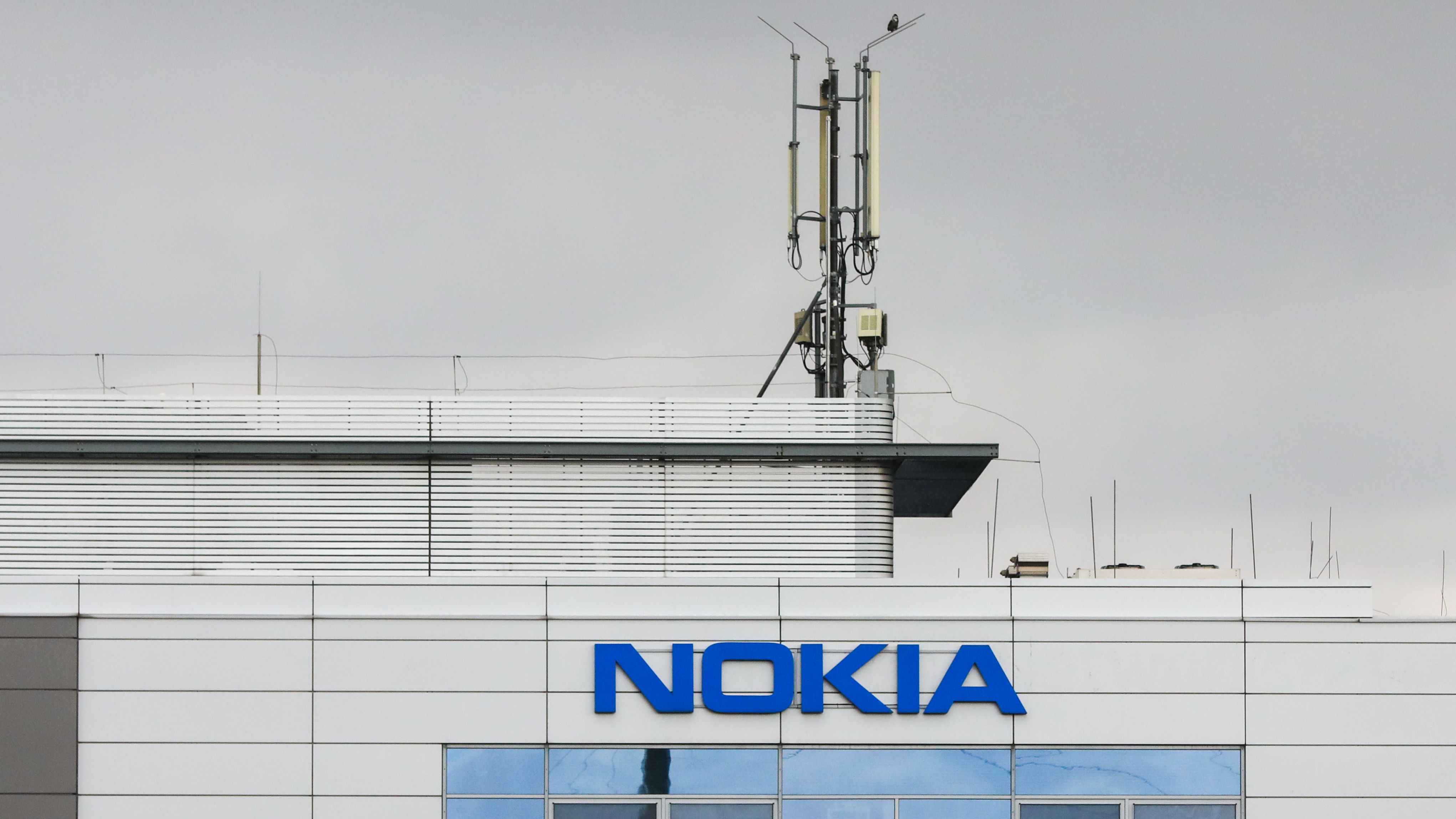 Nokia and Google score breakthrough in Android 13 network slicing
Nokia and Google score breakthrough in Android 13 network slicingNews Nokia's solution will allow devices to connect to multiple network slices simultaneously, provided by existing 4G and 5G operators
By Rory Bathgate
-
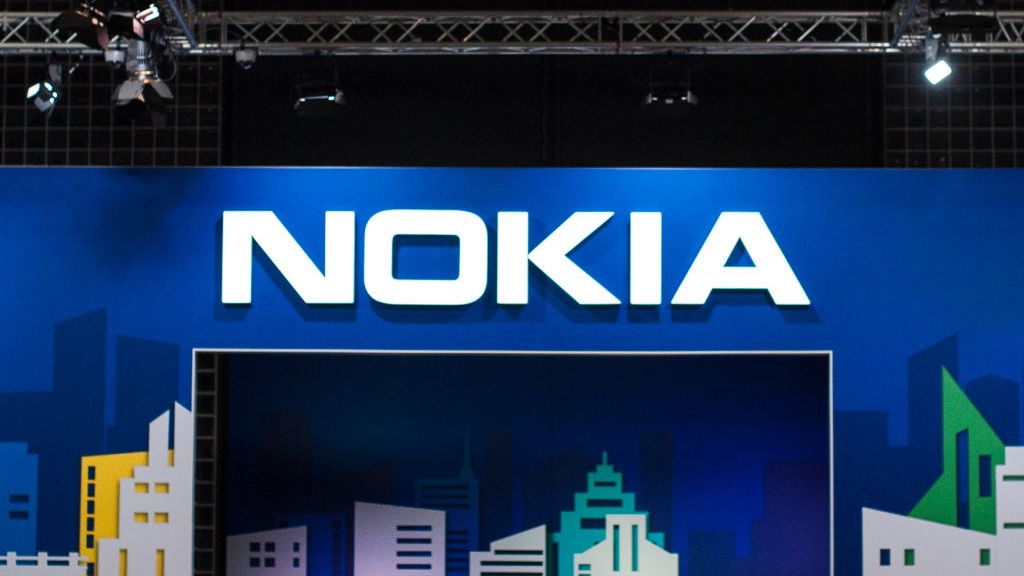 Nokia wins Indosat contract to expand 5G across Indonesia
Nokia wins Indosat contract to expand 5G across IndonesiaNews The deal will bring next-gen communication technology to customers across a 1.4 million square kilometre area
By Praharsha Anand
-
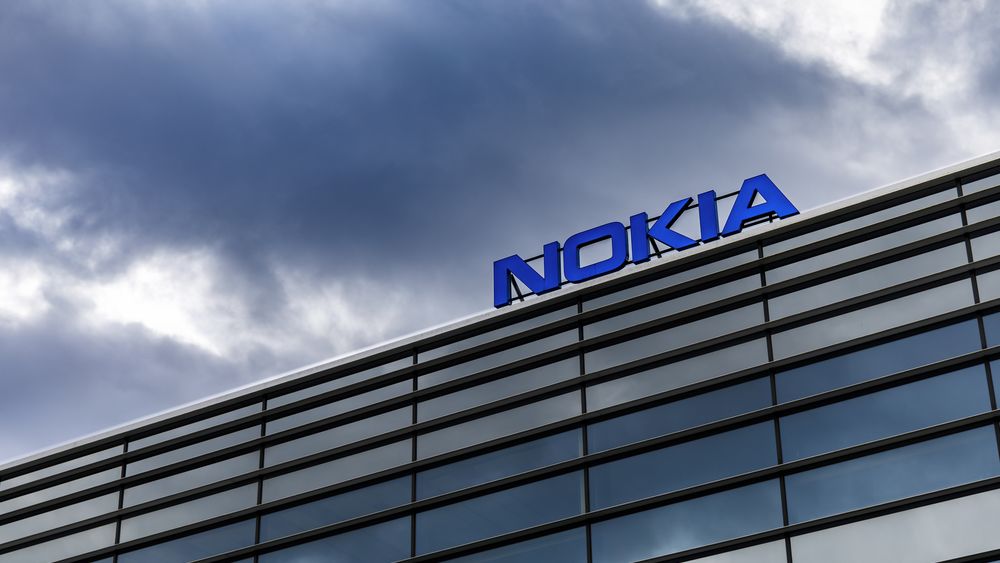 Nokia and Ligado partner on 4G, 5G enterprise private network
Nokia and Ligado partner on 4G, 5G enterprise private networkNews Nokia will leverage Ligado’s Band 24 spectrum to reach the US enterprise market
By Praharsha Anand
-
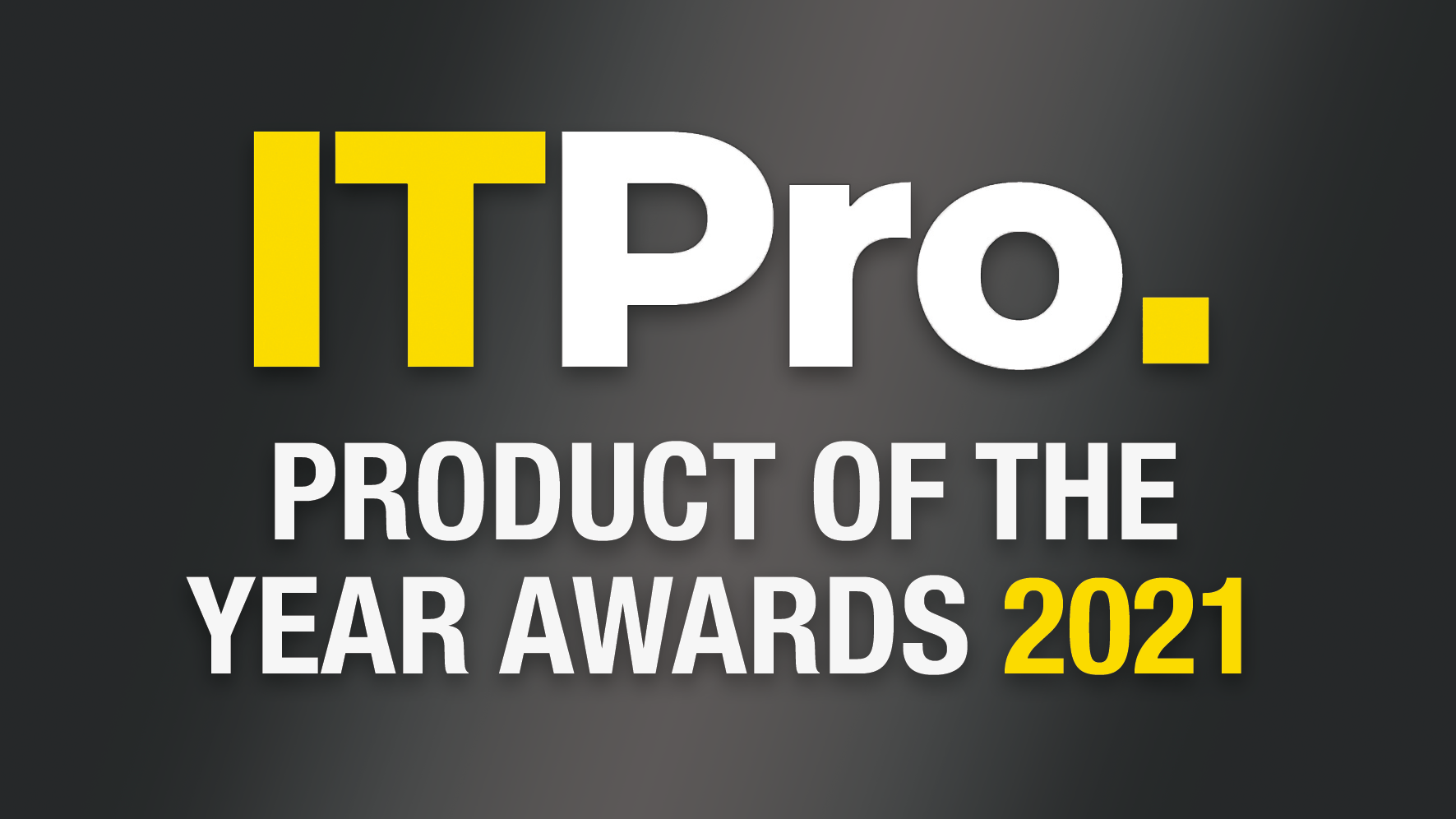 The IT Pro Products of the Year 2021: The year’s best hardware and software
The IT Pro Products of the Year 2021: The year’s best hardware and softwareBest Our pick of the best products from the past 12 months
By IT Pro
-
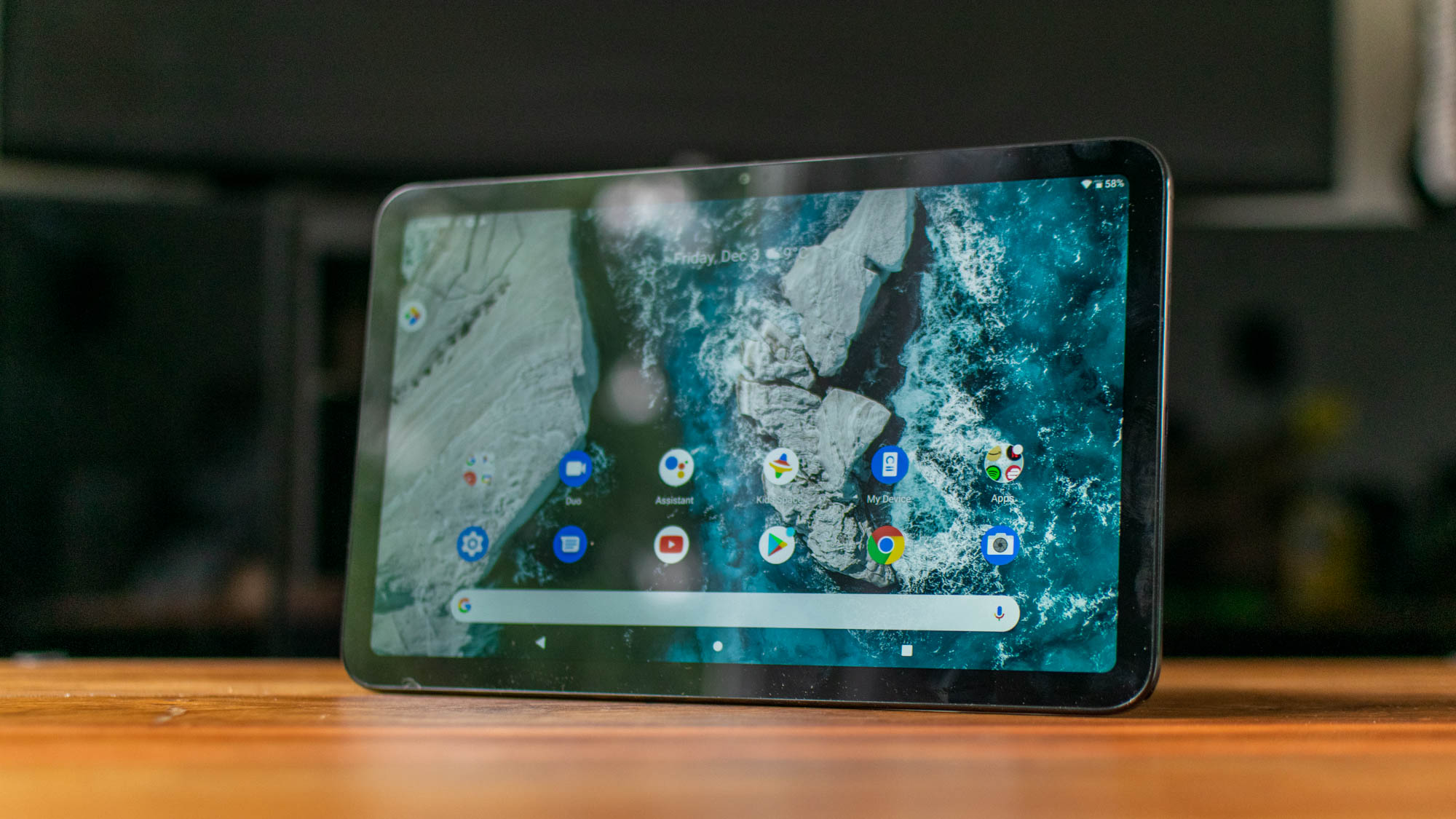
 Nokia T20 review: A simple, sturdy Android tablet at an SMB-friendly price
Nokia T20 review: A simple, sturdy Android tablet at an SMB-friendly priceReviews It’s not as luxurious as an iPad, but the T20 makes a fine, functional tablet for business
By Darien Graham-Smith